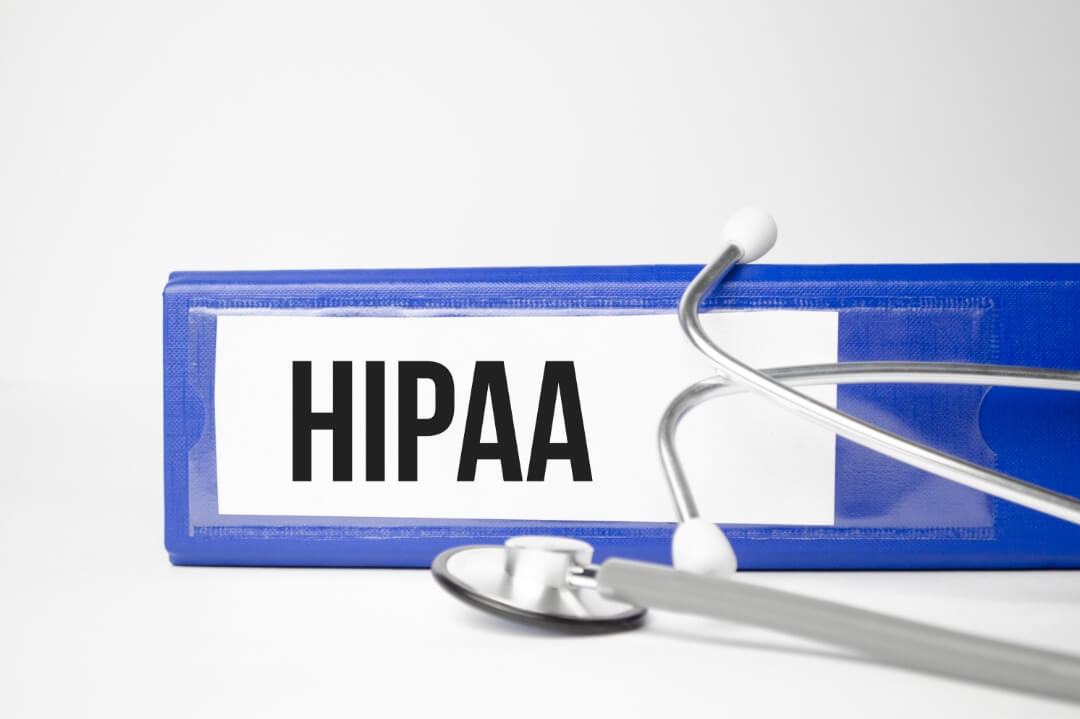The Health Information Technology for Economic and Clinical Health (HITECH) Act, enacted in 2009 as part of the American Recovery and Reinvestment Act, reinforced the provisions of the HIPAA Privacy Rule by introducing stricter penalties for violations, demanding more rigorous enforcement, and expanding the responsibility of privacy and security provisions to business associates of covered entities. With the implementation of the HITECH Act, the emphasis on protecting patient data became more pronounced, placing greater responsibility on entities handling such information. The Act also spurred the widespread adoption of electronic health records, placing an emphasis on secure digital storage and transmission of patient data. By increasing penalties for non-compliance, it sent a clear message about the government’s seriousness in ensuring patient data protection. The inclusion of business associates in its purview meant that not just the primary healthcare providers, but also third-party organizations involved in the handling or processing of health information, were now accountable for upholding privacy standards.
Promotion of Electronic Health Records (EHRs)
An important component of the HITECH Act was the encouragement and promotion of adopting Electronic Health Records (EHRs) across healthcare settings. With incentives directed towards providers who demonstrated “meaningful use” of EHRs, the Act sought to make digitized health records a norm rather than an exception. EHRs, when used effectively, have the potential to enhance patient care, streamline clinical procedures, reduce redundancies, and provide a holistic view of a patient’s medical history. These records also promote interdisciplinary collaboration among healthcare professionals, leading to more informed decisions and improved health outcomes.
Enhanced Accountability and Enforcement
Following the introduction of the HITECH Act, there was a change in the approach to compliance enforcement. The Act equipped the Office for Civil Rights (OCR) with increased authority to oversee and penalize violations. Breaches affecting more than 500 individuals required public notification, ensuring that organizations remained transparent about lapses in data protection. This public disclosure not only acted as a deterrent for organizations but also emphasized the importance of trust in the patient-provider relationship. With an enhanced focus on periodic audits, organizations felt the pressing need to maintain compliance consistently, not just when faced with an audit.
Outreach to Business Associates
Prior to the HITECH Act, business associates, who are third-party entities that access or process health information on behalf of covered entities, were somewhat removed from the direct purview of HIPAA regulations. After the enactment of HITECH, these associates became directly liable for compliance with certain provisions of the HIPAA Privacy and Security Rules. This change aimed to address potential loopholes in the information chain, ensuring that patient data remained secure even when transitioning between primary providers and third-party associates. Contracts, agreements, and collaborations were revised to align with these heightened security expectations and responsibilities.
Meaningful Use Incentives
To expedite the adoption of EHRs, the HITECH Act established the Meaningful Use program, offering financial incentives to healthcare providers who could demonstrate the meaningful use of EHRs in improving patient care. This program was not just about digitizing records. Instead, it focused on using these digital tools effectively to enhance the quality and efficiency of care. Meaningful Use required providers to meet a set of objectives, which were introduced in stages, each with a specific focus ranging from data capture and sharing to advanced clinical processes. These objectives were designed to gradually guide healthcare providers towards an optimized, digital-first approach to patient care.
Looking to the Future
With the HITECH Act as the foundation, the future of healthcare information management looks promising. The Act not only strengthened the existing HIPAA regulations but also allowed for more advanced and integrated health information systems. As technology continues to evolve, regulations will need to keep pace, ensuring that while healthcare providers benefit from the latest digital tools, the integrity and security of patient data remain uncompromised. Collaborative efforts between policymakers, healthcare providers, and technology developers will be key to developing a healthcare system that is efficient, secure, and truly focused on the well-being of its patients.
Related HIPAA Privacy Rule Articles
What is the HIPAA Privacy Rule?
What is PHI under the HIPAA Privacy Rule?
What is the HIPAA Privacy Rule for employers?
What is HIPAA Privacy Rule covered entity?
What is HIPAA Privacy Rule requirements?
When was HIPAA Privacy Rule enacted?
Why is the HIPAA Privacy Rule important?
When did HIPAA Privacy Rule became effective?
How is minimum necessary standard best defined in relation to HIPAA Privacy Rules?
Why was the HIPAA Privacy Rule created?
What information is protected by HIPAA Privacy Rule?
What is the de-identification standard under the HIPAA Privacy Rule?





